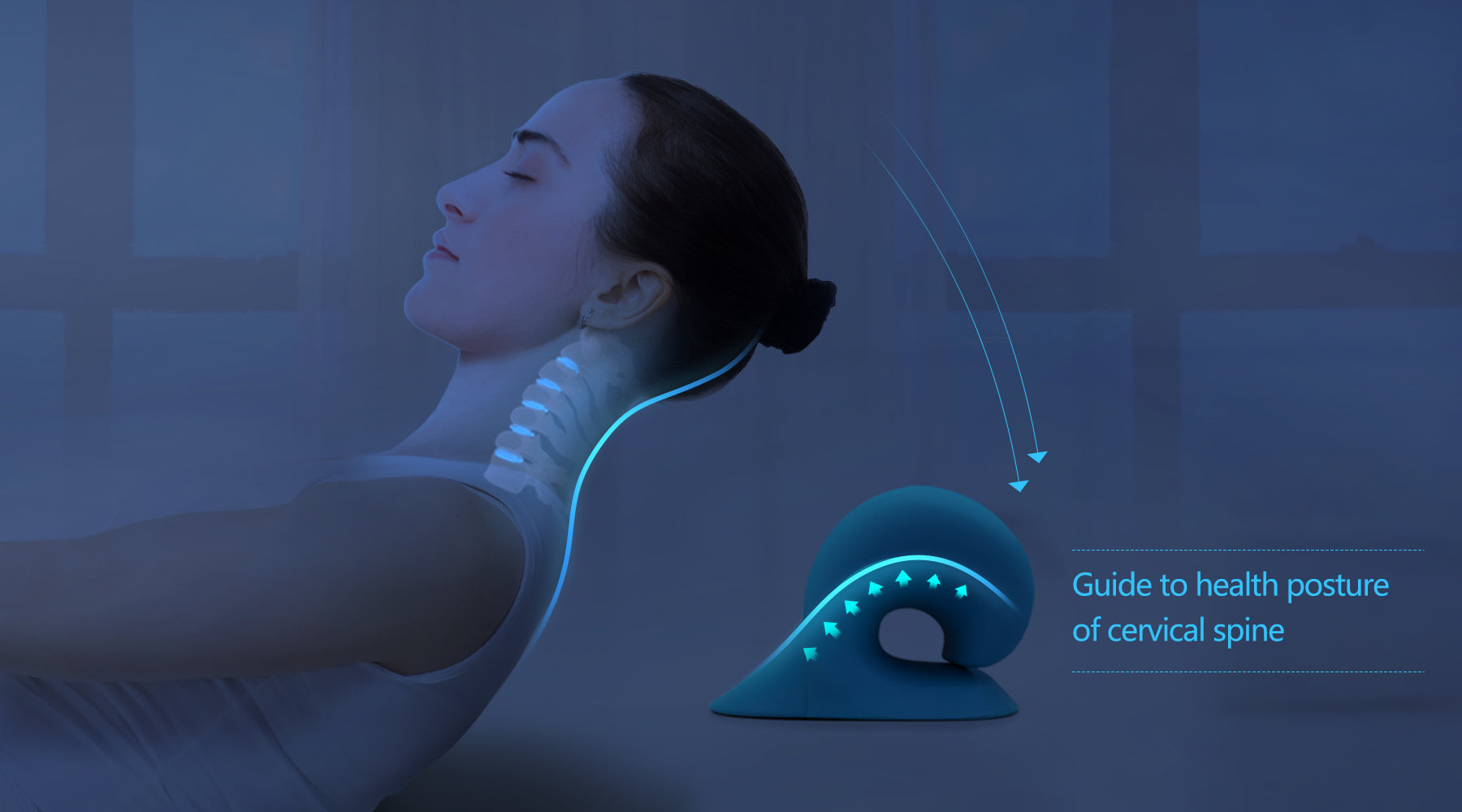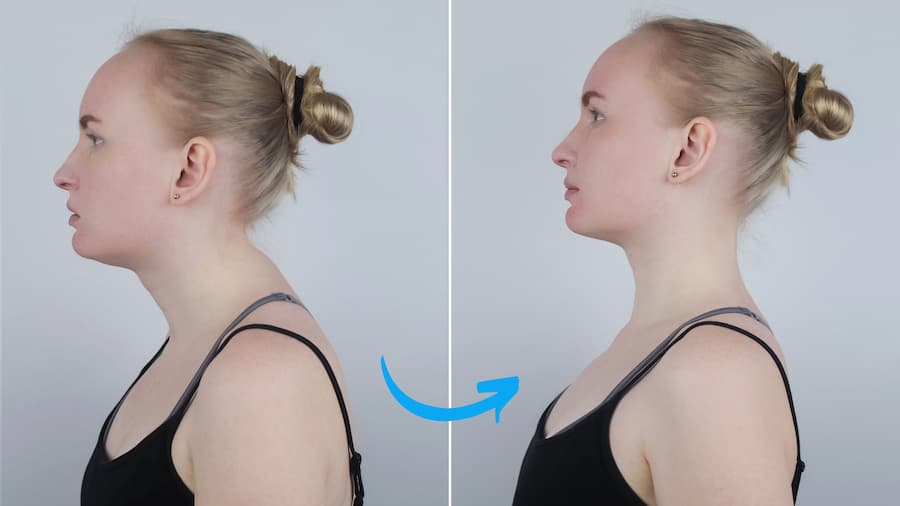Experience the Conveniences of the Neck Cloud for Neck and Shoulder Alleviation
Experience the Conveniences of the Neck Cloud for Neck and Shoulder Alleviation
Blog Article
The Impact of Stress on Neck Pain: Techniques for Lowering Stress and Pain
In today's busy world, it's no trick that stress and anxiety has ended up being a common factor in the beginning and worsening of neck pain. Join us on a journey to unravel the impact of anxiety on neck pain and discover reliable methods to alleviate pain and enhance overall quality of life.
Understanding Stress-Related Neck Discomfort
Neck pain is a common problem that can commonly be credited to anxiety. Stress-related neck pain can manifest as tension, stiffness, or discomfort in the neck and shoulder location. The link between tension and neck discomfort hinges on the body's physiological feedback to tension, which can result in muscular tissue tension and tightness in the neck muscles. Chronic stress and anxiety can lead to relentless neck pain and intensify status quo like cervical spondylosis or muscle stress.

Identifying Common Tension Locations
Regularly experienced by individuals under tension, tension areas in the body can provide valuable insights into the physical indications of mental strain. One usual tension area is the neck, where stress and anxiety frequently manifests physically. Stress migraines, stiff neck muscles, and restricted range of motion prevail symptoms of stress-related neck tension. The shoulders are one more common location where stress accumulates. Stress can cause the muscular tissues in the shoulders to tighten up, causing discomfort and pain. In addition, the upper back is susceptible to tension accumulation, particularly in people who experience chronic tension. Poor posture and extended sitting can intensify tension in this field. The jaw is also an usual place for stress-related stress, as many individuals clench their jaw or grind their teeth when emphasized. Knowing these common stress areas can assist individuals acknowledge the physical indicators of tension and take actions to address them before they intensify into chronic discomfort or pain.
Applying Leisure Techniques
To efficiently take care of stress-related tension in the body, applying leisure strategies is important. Relaxation strategies are beneficial tools for reducing neck discomfort triggered by anxiety. Deep breathing exercises can help calm the mind and kick back tense muscles in the neck and shoulders (neck cloud). Exercising mindfulness reflection can additionally be beneficial in minimizing tension and promoting leisure. Dynamic muscle leisure, where you methodically tense and afterwards loosen up various muscular tissue teams, can release built-up stress in the neck location. Additionally, activities like yoga and tai chi include both physical movement and leisure, making them effective techniques for decreasing tension and neck pain. Taking regular breaks throughout the day to stretch and relax can prevent muscle mass rigidity and stress from building up. By integrating these relaxation techniques right into your daily routine, you can help manage stress and anxiety levels, reduce stress in the neck, and relieve discomfort linked with stress-induced neck discomfort.
Including Self-Care Practices
Including self-care techniques is necessary for maintaining total health and managing stress-related neck pain properly. Engaging in redirected here routine exercise, such as mild index extending workouts or yoga exercise, can help minimize stress in the neck and shoulders. Exercising excellent posture throughout the day and taking constant breaks from prolonged sitting or screen time can also protect against stress on the neck muscles.
Additionally, prioritizing sufficient sleep and developing a constant rest regimen can contribute dramatically to lowering anxiety degrees and promoting relaxation. Creating a soothing bedtime routine, such as reading a publication or taking a cozy bath, can help prepare the mind and body for peaceful sleep. Additionally, maintaining a balanced diet regimen rich in nutrients and remaining moistened can sustain total wellness and reduce inflammation that might intensify neck discomfort.
Integrating mindfulness practices, such as deep breathing exercises or meditation, can aid handle stress and promote relaxation. Taking some time for oneself, involving in pastimes, and establishing limits to protect individual time are likewise essential aspects of self-care that can add to reducing anxiety and easing neck pain.
Seeking Expert Aid
Just how can individuals effectively attend to persistent neck pain that is impacting their everyday life and well-being? Seeking specialist aid can be a crucial step in handling and reducing neck pain.
Chiropractors focus on spinal manipulation strategies to improve placement and lower tension in the neck area. Physiotherapists reference supply targeted stretches and workouts to strengthen muscular tissues, boost adaptability, and boost overall neck feature. Orthopedic specialists can give advanced clinical interventions such as shots or medical options for extreme cases of neck pain.
Final Thought

Stress-related neck pain can materialize as stress, stiffness, or discomfort in the neck and shoulder area. The link in between tension and neck pain exists in the body's physiological action to stress and anxiety, which can result in muscle tension and tightness in the neck muscle mass. Stress frustrations, rigid neck muscular tissues, and restricted variety of motion are typical symptoms of stress-related neck stress. By incorporating these relaxation techniques into your everyday routine, you can assist take care of stress degrees, minimize tension in the neck, and ease pain linked with stress-induced neck discomfort.

Report this page